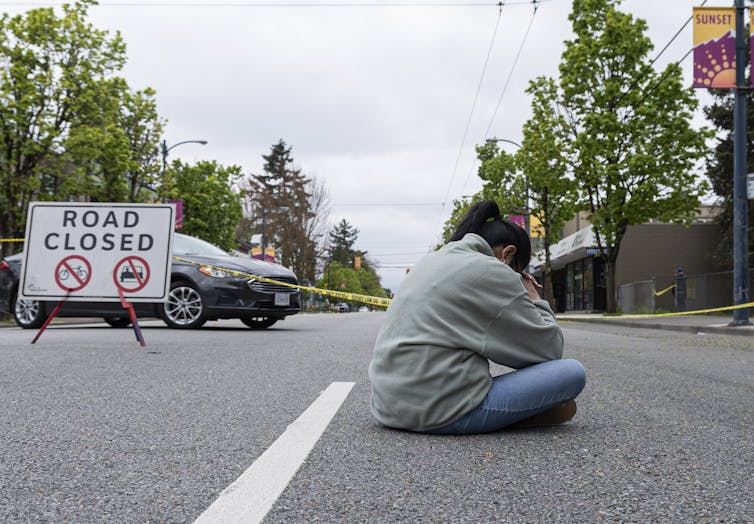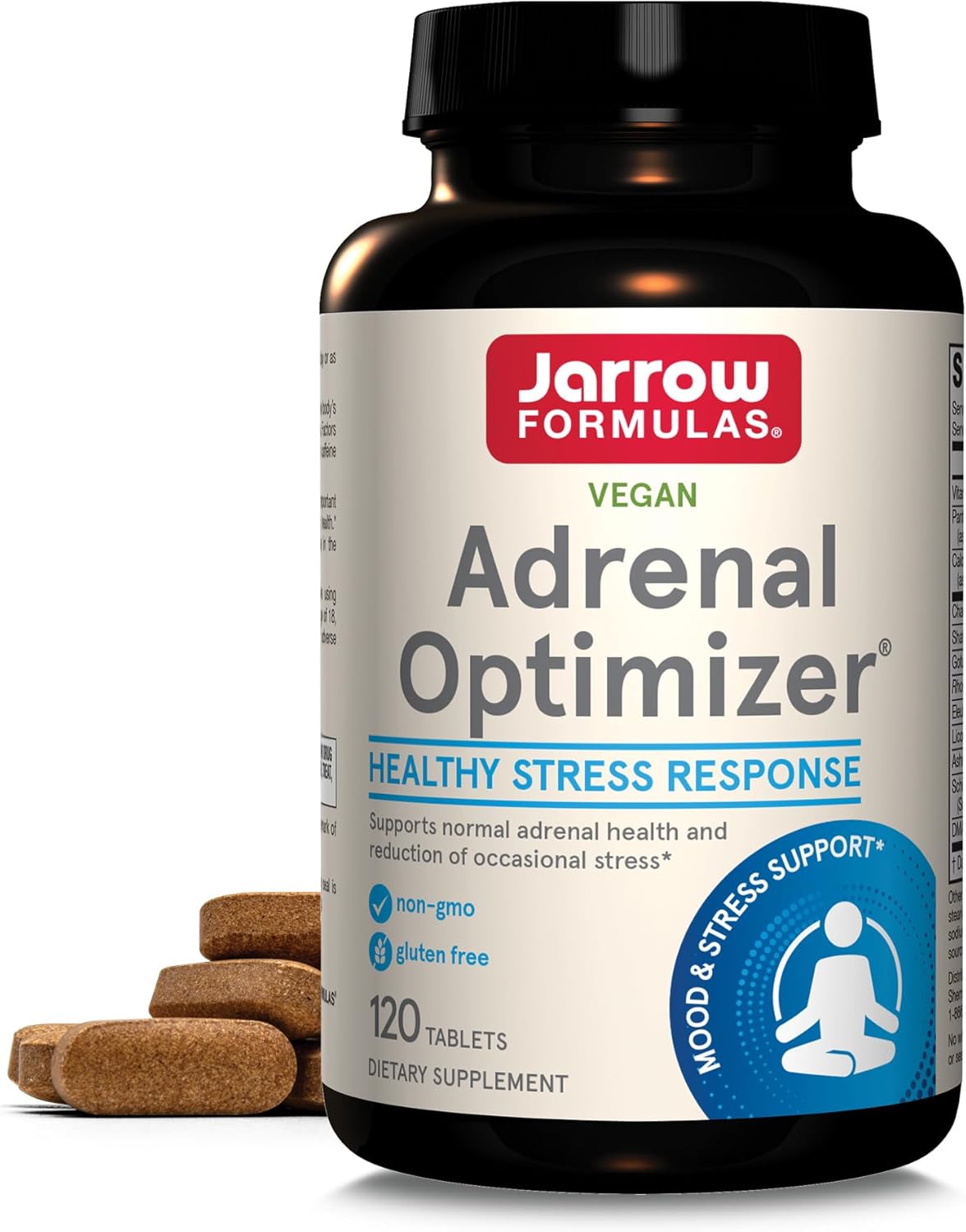Rewrite the
The British Columbia Supreme Court has begun hearing a long-awaited constitutional challenge to the province’s Mental Health Act.
The case, nearly a decade in the making, is now drawing greater attention in the wake of the tragedy at the Filipino Lapu Lapu Day street festival earlier this year that left 11 people dead in Vancouver.
The event has shaken many in the community, leaving behind grief and fear. Furthermore, in light of reports that the person accused of the crime was under Mental Health Act supervision, difficult questions arise. The pain is real, and any conversation about mental health must begin with compassion for all of those affected.
Read more:
Vancouver SUV attack exposes crowd management falldowns and casts a pall on Canada’s election
At the same time, it’s important to ensure this moment of reckoning leads to thoughtful dialogue, not reactive policy. Unfortunately, much of the public discourse has become mired in fear and misinformation, creating a false and dangerous choice: that Canada must sacrifice individual rights in order to protect public safety.
As a legal scholar in equality rights and public interest litigation, I don’t believe Canadians have to choose. A mental health system that respects Canada’s Charter of Rights and Freedoms can also promote safety.
What’s the case is about?
The case currently before the B.C. Supreme Court was initiated by the Council of Canadians with Disabilities (CCD), a national human rights organization led by people with disabilities. The group is fighting provisions in the province’s Mental Health Act that strip patients of any right to choose their own health care, or to appoint a loved one to make health care decisions on their behalf.
The CCD’s motto — “Nothing about us without us” — reflects a longstanding commitment to ensuring that people most affected by policies and systems have a voice in shaping them. This litigation will amplify the voices of people who underwent psychiatric treatment without consent and to shine a light on the deep and lasting harms they have suffered.
THE CANADIAN PRESS/Darryl Dyck
Let’s be clear about what this Charter challenge actually seeks and what it doesn’t. It doesn’t aim to eliminate involuntary hospitalization. It does not change who can be detained, how long they can be held or the legal criteria for involuntary admission.
What it does seek is something far more modest and humane: to ensure that when psychiatric care is forced, it is delivered with dignity, oversight and the involvement of trusted supporters in accordance with the Canadian Charter of Rights and Freedoms.
One of the key reforms that CCD has long advocated for is the right for people to name a family member or friend to be involved in treatment decisions. Far from undermining care, this kind of involvement can help bridge the gap between medical necessity and personal dignity.
It’s a safeguard that respects patients’ values and builds trust, which the current system desperately lacks. And yes, it could even enhance public safety. Reports suggest that a family member of the man accused in the Lapu Lapu mass murders in April was concerned about his deteriorating mental health and had reached out for help just before the tragedy occurred. A more responsive system with the embedded involvement of trusted decision-makers might have made a difference.
Read more:
Fraudulent crowdfunding after the Lapu Lapu tragedy highlights the need for vigilance and oversight
Reforming the Mental Health Act
British Columbia is currently an outlier in Canada. It’s the only province where people detained under mental health laws are automatically deemed to consent to any treatment authorized by the facility — regardless of their actual wishes or capacity.
There’s no right to name a substitute decision-maker, no ability to appeal a treatment decision, no independent oversight, and treatment is often imposed through isolation, physical restraints or security force.
Advocates have been calling for change for decades. But in the wake of the Lapu Lapu attack, some politicians are proposing not a more compassionate or rights-respecting approach, but harsher, more coercive powers over people with mental health issues. That would be a mistake.

THE CANADIAN PRESS/Rich Lam
The current system, which experts have long said is inconsistent with human rights, did nothing to prevent this tragedy. Violating the rights of people in crisis did not and will not keep the public safer.
B.C. Premier David Eby has acknowledged the shortcomings in the current system, but has said that engaging in law reform while litigation is undergoing would pose a risk. Instead, he says it’s better to wait to hear what the court decides before changing the law.
That logic is arguably akin to a citizen saying it’s risky to stop driving at a speed they know is over the lawful limit until they’re pulled over.
Pointless to wait
Waiting for the courts to force change wastes precious time, and public resources, that could be better spent on designing a new, Charter-compliant mental health system in collaboration with experts, service providers, families and people with lived experiences.
Meanwhile, substantial public funds are being spent on government lawyers to fight a legal battle defending a regime that is clearly unconstitutional and fails both patients and public safety.
That money would be far better spent consulting with experts, families and people with lived experiences and developing legislation that upholds constitutional rights and keeps communities safe.
The time for delay is over. The B.C. government must act now to rewrite the Mental Health Act in order to protect the public and respect Charter rights.
in HTML format to be seo optimized related to this title
B.C.’s mental health law is on trial — and so is our commitment to human rights
. Create appropriate headings and subheadings to organize the content. Ensure the rewritten content is approximately 1000 words. Ensure to strip all images from final output i dont need images.At the end of the content, include a “Conclusion” section and a well-formatted “FAQs” section.Ensure there are no additional notes and introductory text in the final output.Final output is gonna publish directly as post content so keep in mind provide only rewritten post content without any introductory text or notes in result and kindly dont explain what you done or what you provided as output of this prompt
Recommended Products:
-
Sale!

Jarrow Formulas Adrenal Optimizer with Ashwagandha, Chamomile and Schizandra Extract, Supports Reduction of Occasional Stress, 120 Vegan Tablets, 60 Day Supply
Original price was: $32.49.$20.44Current price is: $20.44. Buy Now -
Sale!

Brain Supplements for Memory and Focus – Nootropic for Concentration, Cognitive, & Mental Clarity Support, DMAE Bacopa, Phosphatidylserine, Brain Booster Health Vitamins B12, B6, C, E – 120 Capsules
Original price was: $15.99.$14.22Current price is: $14.22. Buy Now -

Mental health counselor Hardest Part Of My Job Is Being Nice To Stupid People Special Two Tone Black and White 12oz Coffee Mug for Mental health counselor
$15.95 Buy Now



